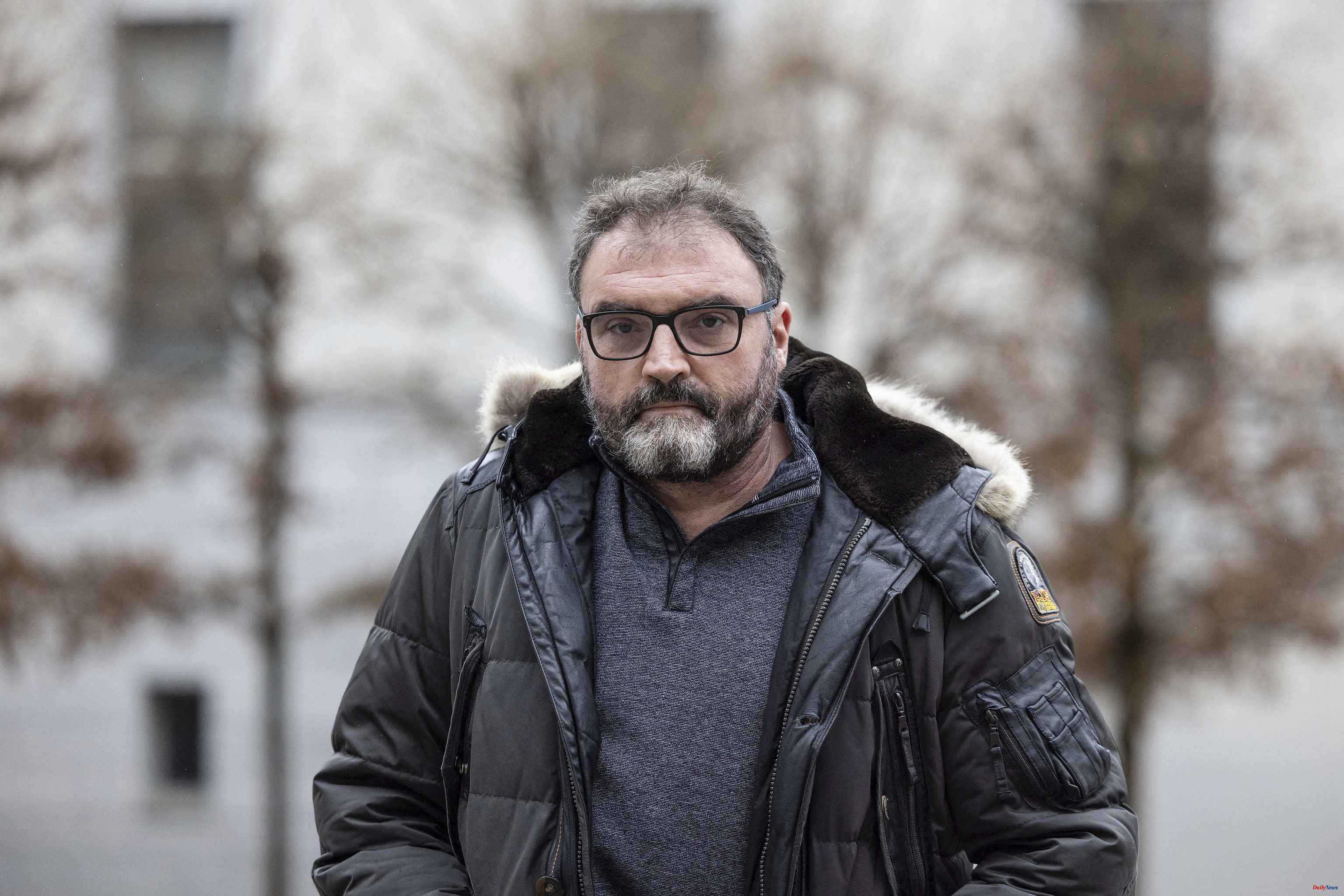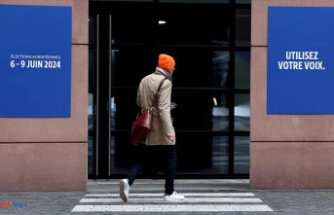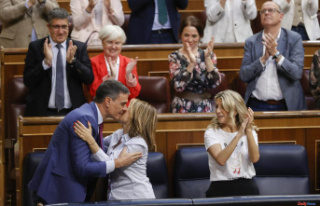He handled the anesthesia bags of his colleagues when there was an operation. He injected lethal doses of potassium or painkillers, a cocktail that caused the patient to go into cardiac arrest. Then he would arrive, intervene and save the patient, usually at low risk. They were controlled detonations. He created the emergency and solved it, like the syndrome of the arsonist firefighter, who first sets fire to be able to put it out and look like a hero.
It is presumed that he used this modus operandi with at least thirty patients between the ages of four and 80 between 2008 and 2017 in two clinics in Besançon, eastern France. But he got out of hand. 12 patients did not survive and, despite the complexity of an operating room and taking into account that medical activity is not infallible, his colleagues became suspicious. All the cases of unexplained adverse reactions during the intervention had a common link: Frédéric Péchier.
Also known as the Besançon anesthetist, Péchier (51 years old) is accused of having manipulated the anesthesia bags of dozens of patients to cause emergency situations and "to be able to demonstrate his skills as a resuscitator." He is also accused of having discredited his medical colleagues, those who intervened in the operating room when the crisis broke out.
The investigation was opened in 2017, six years have passed and little progress has been made, given the difficulty of finding evidence. However, this week an investigative court has ruled that Péchier can resume medical activity. He asked to be able to do it, even though he is being prosecuted.
It will do so, although in a very limited way and with conditions. You cannot be in direct contact with the patient and you cannot prescribe medication. Nor will he return to an operating room. The decision is "subject to the authorization of the Council of the Order of Physicians", which has been ignored: The decision "is not your responsibility".
In these six years the prosecution has not been able to prove the guilt of Péchier, who has always claimed his innocence. It has not been possible to collect sufficient evidence: There are no traces or material evidence, because, in addition, medical supplies that could have been confiscated are quickly destroyed.
The case, which is supported by the number of accumulated complaints, shocked France. Péchier is a family man, supposedly an exemplary man and married to a cardiologist. His father had been a doctor too. In March 2017, the Saint Vincet de Besançon clinic alerted the Prosecutor's Office to several cases of unusual cardiac arrests during surgical operations and an investigation was opened. Péchier is accused of premeditated poisoning, but is released under judicial control for lack of conclusive evidence.
Years go by and complaints are added: In 2019 the Prosecutor's Office adds another 17 cases to the investigation (of the 66 reported for suspicious reactions). In the summary there are some striking ones, such as that of a four-year-old boy, Teddy, without previous pathologies, who survived a cardiac arrest when he underwent surgery on his tonsils. Or a woman who spent several days in a coma and was left with irreversible sequelae. They are only two of the thirty investigated.
The Besançon prosecutor, Étienne Manteaux, confirmed at the time that Péchier was "the common denominator of these serious adverse events" that occurred in the operating room. The anesthetist was, coincidentally, always "in the vicinity of the operating room and made early diagnoses, when at that time nothing suggested that there was an overdose of potassium or analgesics," says the Prosecutor's Office.
Few of his colleagues have defended him and, in fact, he had problems with many of his colleagues. The investigators studied each of the cases, to see if they coincided with moments in which the suspect himself had declared having a personal or professional problem. All kinds of theories were considered: revenge against the clinic or his colleagues, but also that he was a man self-conscious about the success of his wife, a perverse narcissist or a serial killer.
On the latter, several psychiatric studies were carried out. One of them describes him as a rather ordinary person. Another highlighted his perverse profile. Some weighed in on the possibility of a dissociative disorder, which occurs when there is a disconnect between the person, their ability to think, and reality. A lawyer gave a clue to Le Figaro: "In reality, Dr. Péchier does not want to be a poisoner. He wants to be the person who brings the patient back to life."
Now, and waiting for the investigation to continue, Péchier is authorized to work as a medical advisor, that is, to give medical advice by phone (he cannot have contact with patients) or also to guide patients towards the different services and specialties. . Although he himself declared in 2019: "Whatever happens, my professional career is over."
According to the criteria of The Trust Project












